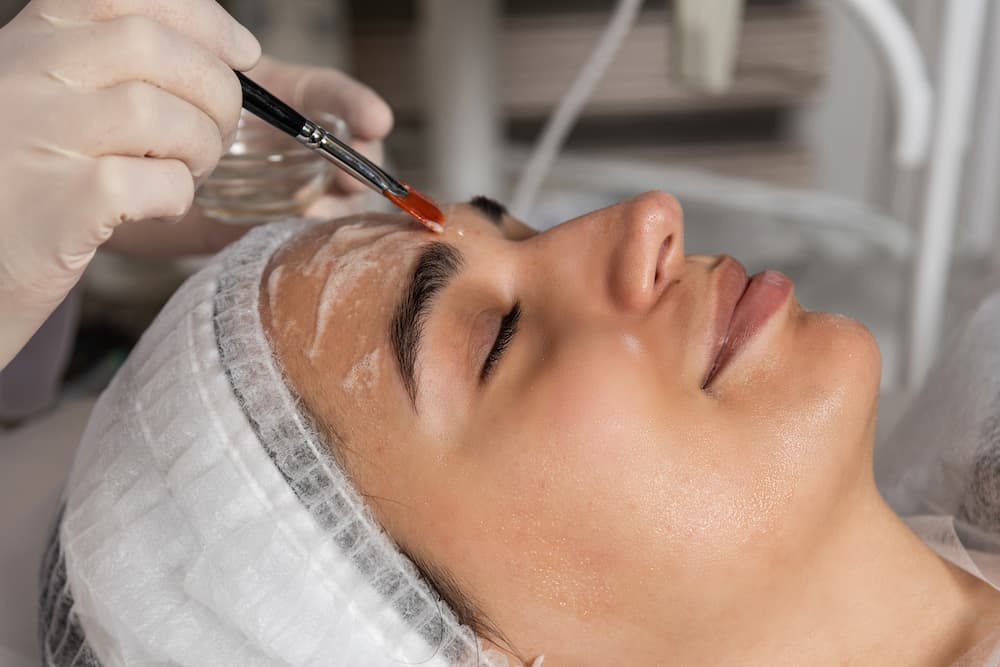Nothing beats looking into the mirror and noticing a bald spot, thinning hair, or a receding hairline. That could be a sign of hair loss, also known as alopecia, and anyone suffering from it understands how much the condition affects your confidence and appearance. It’s more prevalent in older adults, but anyone can experience it. While hair loss can develop gradually, sometimes, it can happen abruptly. And depending on the cause, it may be permanent or temporary.
However, before pursuing a hair loss treatment, you must discuss the cause and treatment options available with your doctor. Here are seven of the most common causes of hair loss, as well as actions you can take to stop your hair loss or even start growing new hair again.
Common Causes of Hair Loss
Although humans shed hair naturally throughout the day, it may be time to seek help if there are sizable tufts on the comb or shower drain. Losing your hair can be debilitating – and is more devastating if you have no idea why it’s happening. To help you understand, here are the top seven causes of hair loss:
Hereditary Factors
Genetics is the most common cause of hair loss, commonly referred to as androgenic alopecia. If you’ve noticed that your mother, father, or sibling has hair loss, you should talk to your doctor about it. They will recommend a prevention plan tailored to your specific needs.
Underlying Medical Conditions
Specific health problems come with hair loss as a symptom. Diseases like diabetes, thyroid disorder, lupus, iron deficiency anemia, and syphilis trigger hair loss.
Psychological Issues
Many people who experience severe mental or physical stress suffer from hair loss. Your hair follicles shrink when stressed, making it impossible for healthy hair growth.
Environmental Factors
Although research is still in the infancy stages, studies show a link between environmental conditions like air pollution and hair loss. Pollutants in the air, like smoke, dust, and lead, settle on the scalp and hair. This leads to a condition known as Sensitive Scalp Syndrome. This condition causes oxidative stress on the hair follicles triggering hair loss.
Nutrition
Specific vitamins, minerals, amino acids, fatty acids, proteins, and carbohydrates are necessary for healthy hair growth. If your diet lacks these nutrients or has an excess, you may develop hair loss.
Hormones
Drastic hormonal fluctuations in the body affect your hair growth cycle. During pregnancy and lactation periods, women are prone to experiencing hair loss. Luckily, a few months after giving birth, hormone levels return to normal, prompting new hair growth.
Hair Care Practices
Perms, color applications, tight weaves, flat irons, washing your hair too often, and even holding your hair tightly may lead to hair thinning or breakage. These practices break down elasticity in the strands, which is a recipe for disaster.
How to Deal With Hair Loss
If you’re suffering from hair loss, the first thing you should do is see a doctor. A qualified medical professional will ask about your medical history and perform hair loss diagnostics to help determine the cause behind your dropping locks. They include:
- A blood test
- Scalp biopsy
- Light microscopy
- Pull test
Once the cause of your hair loss has been determined, you can begin to tackle the problem. The doctor may prescribe medications or lifestyle changes that can help improve hair regrowth.
Treatments for Hair Loss
While it’s not always possible to prevent hair loss entirely, there are several things you can do to improve your chances of preventing or even reversing the condition. Some of the treatment options available to help you regain your hair include:
- Prescription medications
- Nutritional or dietary supplements
- Lifestyle changes
- Topical creams, gels, and foams
- Shampoos and conditioners containing Minoxidil work by increasing blood flow to the scalp, increasing oxygen supply, and stimulating hair growth.
- Laser therapy – The laser light stimulates scalp cells, which promote healthy hair growth by controlling inflammation and boosting collagen production.
- Hair transplants
Get Help Now
If you’re experiencing hair loss, it’s crucial to identify the underlying cause. At Radiant Dermatology we’ll help you determine whether genetics, diet, hormonal changes, certain medical conditions, psychological issues, environmental factors, and some medications contribute to your hair loss. If you are experiencing hair loss symptoms, fill out the form below to get started on a treatment plan as soon as possible.




.svg)



.svg)



.jpg)



.png)


